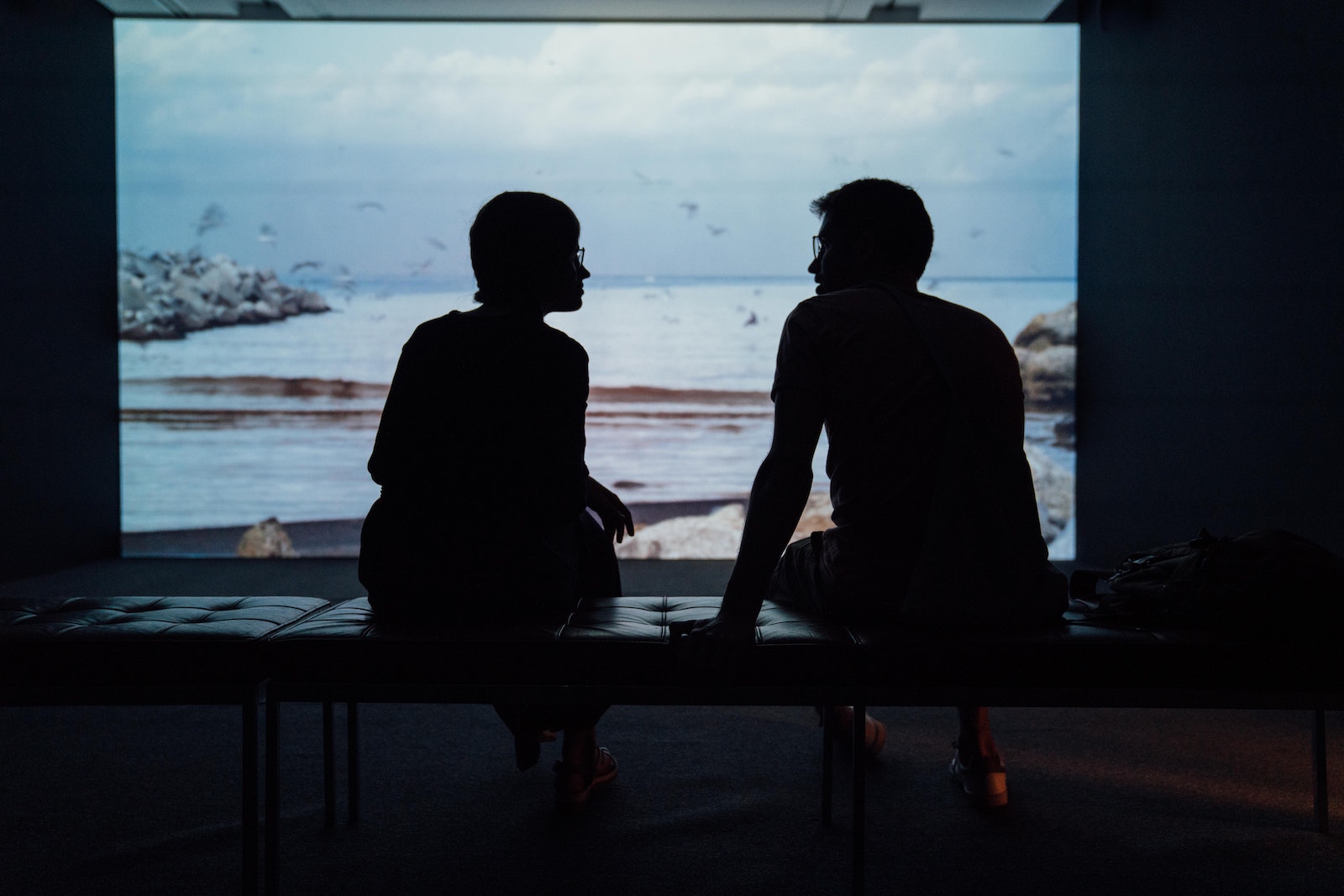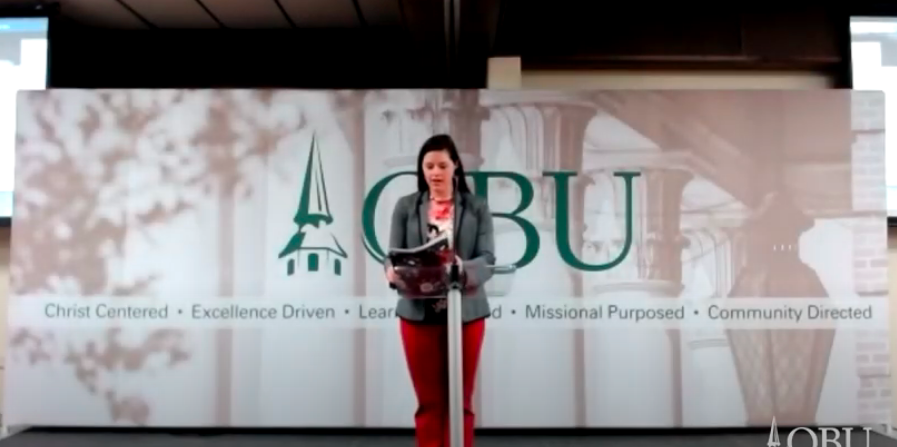

Jessica Hooten Wilson is Louise Cowan Scholar in Residence at the University of Dallas in the Classical Education and Humanities Graduate Program. She is the author of three books: Giving the Devil his Due: Flannery O’Connor and The Brothers Karamazov, which received a 2018 Christianity Today book of the year award; Walker Percy, Fyodor Dostoevsky, and the Search for Influence; and Reading Walker Percy’s Novels. In 2019 she received the Hiett Prize for Humanities from the Dallas Institute of Humanities and Culture. She is co-editor of the volume Solzhenitsyn and American Culture: The Russian Soul in the West, a collection of essays on the legacy of Aleksandr Solzhenitsyn. Currently, she is preparing Flannery O’Connor’s unfinished novel Why Do the Heathen Rage? for publication.

Media is fast paced and encourages quick responses to the most current events. Yet Christians are commanded to see from the past, into the future, and to consider deeply the present moment. Reading poetry trains us not to react poorly to incendiary headlines or news stories. Instead, we develop a vision to see beneath the surface of things to what matters and what lasts.
When the New Testament authors use the word “scandalous/skandalon,” they are not referring to vulgarity but to the “stumbling block,” the truth about the Incarnate and resurrected God. What stories should we be reading that will challenge our complacent visions, cause us to fall, and encourage us to rise again with stronger understanding of reality?


We are all imitators. Once we accept that originality is a delusion, we can make choices about whom we want to imitate. Do we want to be like the celebrities that our culture lifts up before our eyes? Do we want to be like the politicians of the present? Or, do we want to be like the heroes of the past, the saints of the present, and model a life the future generations will want to emulate? I suggest we look to holy figures in our history, literature, or cinema that we can uphold as models of the Good Life.
How we imagine our classroom effects how we teach—is it a garden, a laboratory, a stage? In a two-page excerpt from “Timaeus,” Socrates assumes the classroom is a banquet. As we walk through this short reading, I’ll model a Socratic seminar while we discuss what a banquet-model classroom looks like.


While the rest of the world tries to sell us on utilitarianism, reading should be a practice in love of useless things like worship, beauty, and God. How might we read in humility? As a conversation? As training to listen to God’s voice?
If we want to be those who practice what we teach, then we must find the time to read and learn outside of the classroom. What are some significant practices for lifelong learning? How can we hold each other accountable as faculty? Celebrate each other’s curiosities and gifts?


The art of conversation begins before one learns to speak—you must learn to listen. Gymnastics and musical training in kindergarten are practices for the later art of discourse. We’ll walk through every age group to talk about how to ask the right questions for learning development and how to prepare strong thinkers and rhetoricians.

